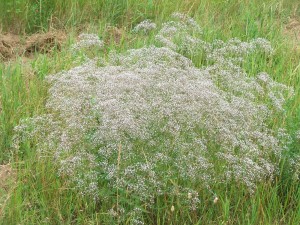Congratulations to Robbin Yelverton AIFD, CF, PFCI
Over the weekend (Oct 2-4), the National Alliance of Floral Associations had their annual conference in Columbus, Ohio. The National Floral Designer of the Year competition also took place at this event! The competition was fierce, but Robbin Yelverton AIFD, CF, PFCI came away with the win! Robbin is co-owner of Blumz… by JRDesigns in Detroit/Ferndale MI. Big congratulations go to Robbin from everyone here at Flower Shop Network!
Florists: We would also like to say ‘thank you’ to ALL florists who attended this or any other florist association convention this year. (Maybe even more than one!) It is very important to get out and support your industry! You will take away years worth of fabulous ideas, tips, trends and more from just one day at a convention like this! We got to meet a lot of you at the conventions we were able to attend, and hope to make even more friends next year!!
Photo courtesy of the Michigan Florists Association‘s Facebook Page. Don’t forget to mark your calendars for their conference, The Great Lakes Floral Expo, coming up in March!
This post is brought to you by local Columbus OH florists.
Not in Columbus? No problem! Use Flower Shop Network’s handy directory of local florists to find a florist near you!


 Find Your
Find Your 
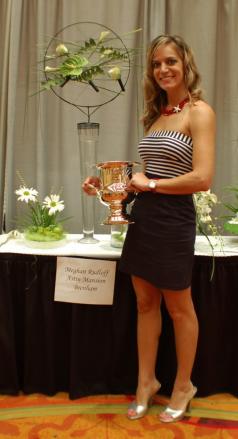
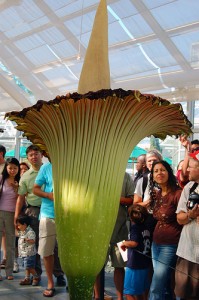

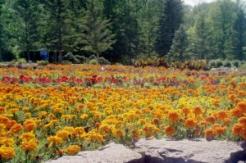




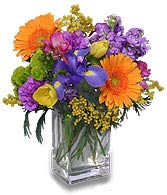

 Funeral directors who attended the ICCFA convention were drawn to the TSFA booth, which was almost the first thing they saw after registration. “Many really enjoyed speaking with us, and quite a few were struck by the visual impact of the center display,” commented Dianna.
Funeral directors who attended the ICCFA convention were drawn to the TSFA booth, which was almost the first thing they saw after registration. “Many really enjoyed speaking with us, and quite a few were struck by the visual impact of the center display,” commented Dianna.